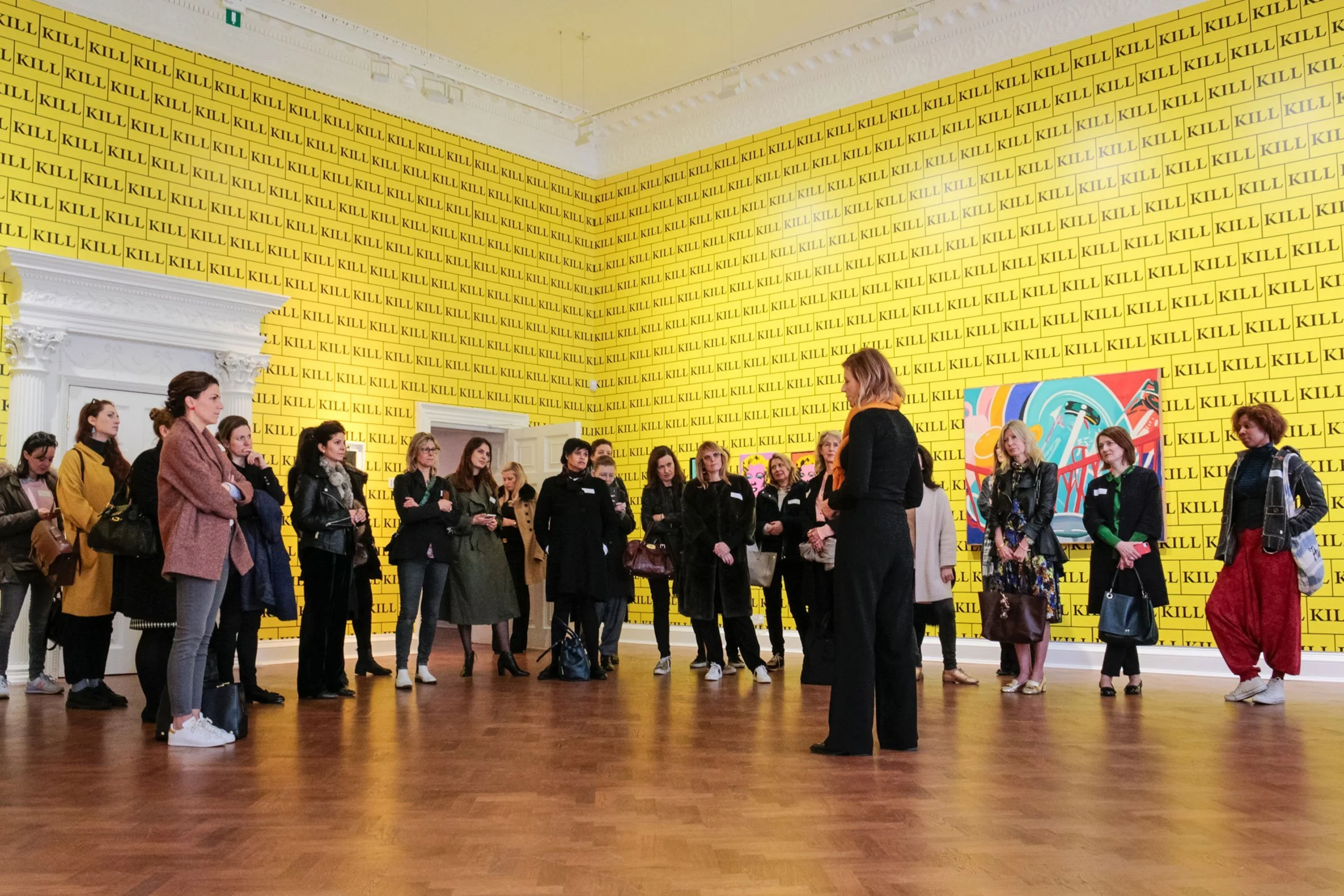Pauline de Souza’s Ongoing Journey of Stroke Recovery and Research
An interview with Pauline de Souza and Claire Mitchell
Disability Month November 14th to December 20th 2024
Pauline de Souza is a force of nature. She founded the Diversity Arts Forum in 2005 and has a long career as a curator, writer and educationalist. She has leveraged her network to drive real and impactful change, advocating the idea that diversity is complex and means different things to different people.
In July 2023, Pauline suffered a stroke, which disrupted blood flow to her brain and impaired the muscles she uses for speech causing dysarthria - a motor speech disorder. As part of her recovery, she is working with Clinical Specialist Speech and Language Therapist Claire Mitchell, Manchester University. Together, they decided to collaborate on Claire’s research, which focuses on supporting stroke survivors in their recovery journeys. Their partnership ensures the research remains grounded in what stroke survivors really want and considers how they feel.
Sigrid Kirk, AWITA Co-Founder, spoke to Pauline and Claire to find out more about their work. Below are 7 takeaways from the conversation and a video can be found on our Instagram.
Stroke survivors like Pauline often face speech and mobility issues which can affect confidence and social engagement. Understanding the challenges of stroke recovery and allowing people to communicate in the way that works best for them is important.
Art is a powerful tool for sharing recovery stories. For the stroke survivor, art and culture provides intellectual stimulation to help with recovery.
The cultural sector is being asked to do more and more in terms of supporting community health and diverse audiences. Funding challenges aside, what we can all do is focus on understanding feelings people like Pauline have about feeling safe and cared for when in a space and to ensure this is grounded in real-world needs.
When creating spaces that accommodate physical and sensory needs, ask yourself: how does it feel to create a truly safe and inclusive space? Take responsibility for your own spaces whether it be a gallery or office space. The Whitworth, for example, has done a lot of work around health and wellbeing, running events where the public are invited to share their health journeys and experiences.
Researchers are often immersed in their work—how can we, as creatives, help tell their stories and connect with different people?
Focus on getting information into the public realm and private sector and especially be aware of the perceptions and intersectional experience of those from different cultural backgrounds.
With a disability like Pauline’s, she is much more selective about what she visits. In today’s fast-paced world, there's a lesson for all of us about slowing down and not trying to do everything at once.
Claire Mitchell is a Clinical Specialist Speech and Language Therapist in adult acquired neurological conditions and has worked in the NHS for 20 years. Claire was awarded a National Institute for Health Research Fellowship in 2014 to undertake her PhD which was completed in 2017. This fellowship focused on the feasibility of using technology for speech rehabilitation for people with post-stroke dysarthria. Follow @dysarthrialife to connect with a community of people living with dysarthria and the SLTs/SLPs who support them.
Pauline de Souza is the founder and director of the Diversity Art Forum. She has been involved in curating some of the projects that Diversity Art Forum has funded. She is a writer and Senior Lecturer in the Visual Arts Cluster, Fine Art Department at the University of East London. In 2020 Pauline was one of the Tate Liaison Representatives for the Tate British Art Network Emerging Curators Group. She is also involved in making changes to funding via the Arts Council Visual Arts and Philanthropy by working with The Beacon Collective and the Black Funding Network.




